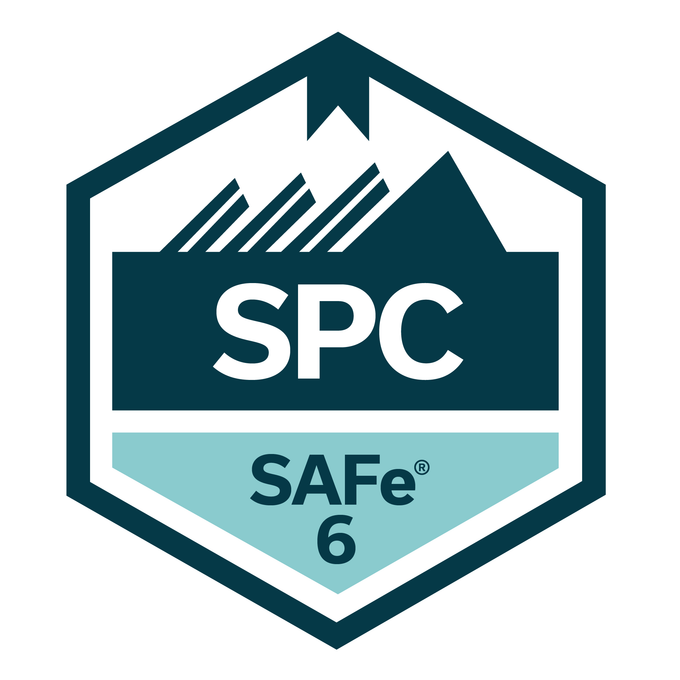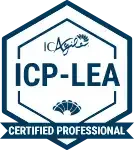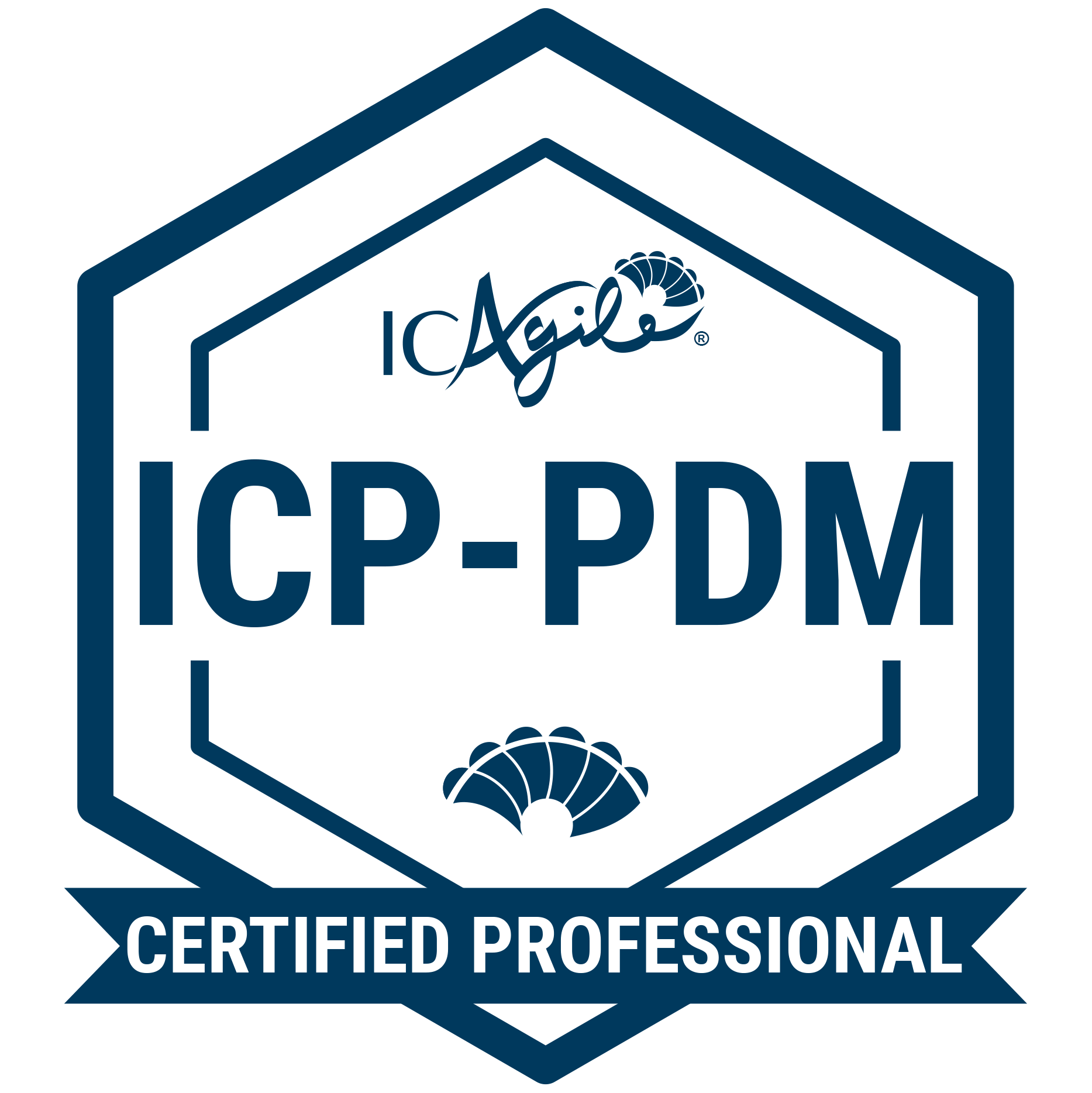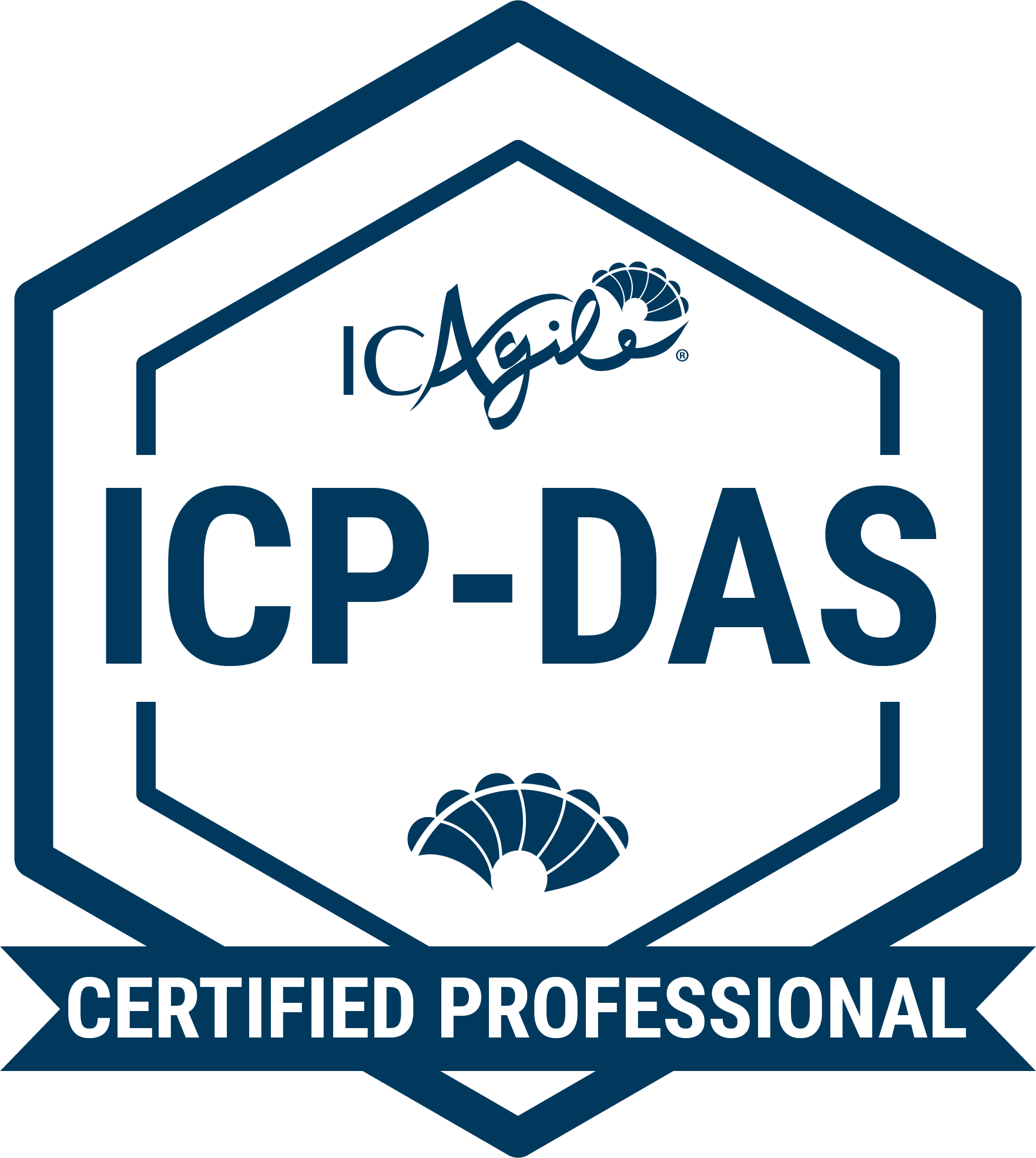Have you ever encountered a project that seemed to spin out of control, with scope creep, missed deadlines, and ballooning costs?
This is a common challenge faced by many organizations.
Projects often start with high hopes and clear objectives but can quickly devolve into chaos due to poor planning, inadequate resource management, or a lack of communication.
The key to overcoming these project management challenges is the implementation of robust project management practices.
By applying proven methodologies and tools, project managers can maintain control, align team efforts, and ensure that projects are delivered on time and within budget.
In this blog, we will explore project management and its key concepts.
What is Project Management?
Project Management is the process of planning, organizing, and managing resources to achieve specific goals within a defined timeframe. It involves coordinating people, processes, and tools to ensure a project is completed successfully and meets its objectives while staying within scope, budget, and schedule constraints.

Are you ready to take your project management skills to the next level? Join our comprehensive Agile Project Management Training and empower yourself to drive success in any project!
Enroll Now!What are the Key Concepts of Project Management?
The key concepts of project management provide a foundational understanding of how to effectively plan, execute, and complete projects. Here are some of the essential concepts:
-
Project Life Cycle: The stages a project goes through from start to finish, typically including initiation, planning, execution, monitoring, and closure. It ensures structured progress and clear deliverables throughout the project’s duration.
-
Scope Management: Involves defining and controlling what is included and excluded in the project. It ensures all necessary work is completed while preventing scope creep and maintaining focus on project objectives.
-
Time Management: Planning and controlling the project schedule to ensure timely completion. It involves defining tasks, estimating durations, sequencing activities, and tracking progress to adhere to deadlines.
-
Cost Management: Estimating, budgeting, and controlling project costs to stay within financial limits. It includes cost estimation, creating a budget, and monitoring expenditures to prevent overspending.
-
Quality Management: Ensuring the project meets defined quality standards. It involves planning for quality, executing quality assurance processes, and controlling quality throughout the project to meet stakeholder expectations.

Discover the 10 Most Important Project Management Skills you need to master for successful project delivery. Don’t miss out on the chance to enhance your skills
Read the blog now!6. Risk Management: Identifying, assessing, and responding to project risks. It includes risk identification, analysis, and developing mitigation strategies to minimize potential impacts on the project.
7. Resource Management: Acquiring and managing resources needed for the project, including human, material, and equipment. It ensures efficient resource utilization and addresses resource constraints and conflicts.
8. Stakeholder Management: Identifying and managing relationships with individuals or groups affected by the project. It involves engaging stakeholders, understanding their needs, and ensuring their expectations are addressed.
9. Communication Management: Facilitating effective information flow within the project. It includes planning communication strategies, disseminating information, and ensuring stakeholders are kept informed and engaged.
10. Integration Management: Coordinating all project aspects to ensure alignment and integration. It involves developing the project charter, managing execution, and handling changes to ensure project coherence and goal achievement.
11. Project Charter: A document that formally authorizes the project, outlining objectives, scope, and stakeholders. It provides the project manager with the authority to allocate resources and initiate project activities.
12. Project Plan: A comprehensive document detailing how the project will be executed, monitored, and controlled. It includes various plans for scope, schedule, cost, and quality management.
13. Change Management: Change management means managing modifications to the project’s scope, schedule, or resources. It includes establishing a change control process to assess, approve, and implement changes while minimizing disruptions.
14. Project Closure: The final phase where the project is formally completed and reviewed. It includes finalizing deliverables, obtaining stakeholder approval, and documenting lessons learned for future reference.
Understanding these concepts helps project managers lead their teams effectively, ensuring projects are completed on time, within budget, and to the required quality standards.
Final Thoughts
Project management is about guiding a project from start to finish successfully. By understanding key concepts like planning, managing time and costs, ensuring quality, handling risks, and keeping everyone informed, you can steer your project in the right direction. Proper project management helps avoid problems, stay on track, and achieve your goals effectively. Whether you're new to managing projects or looking to improve your skills, focusing on these basic concepts will set you up for success.
Struggling to advance in your project management career or feeling stuck in your current role?
Without the right credentials, it’s hard to stand out in today’s competitive job market. You could miss out on better opportunities, higher pay, and career growth. Discover how PMP Certification Training can unlock your potential!
Enroll Now




























































































